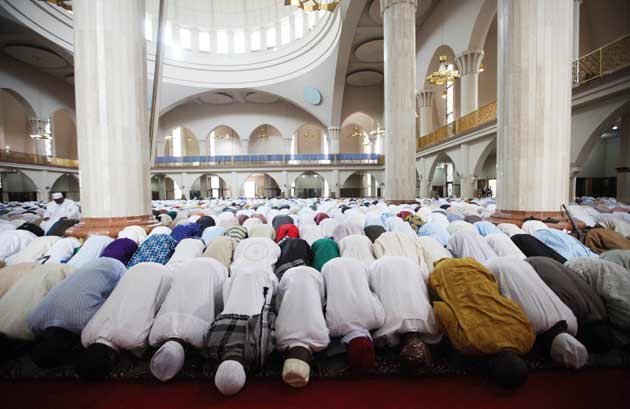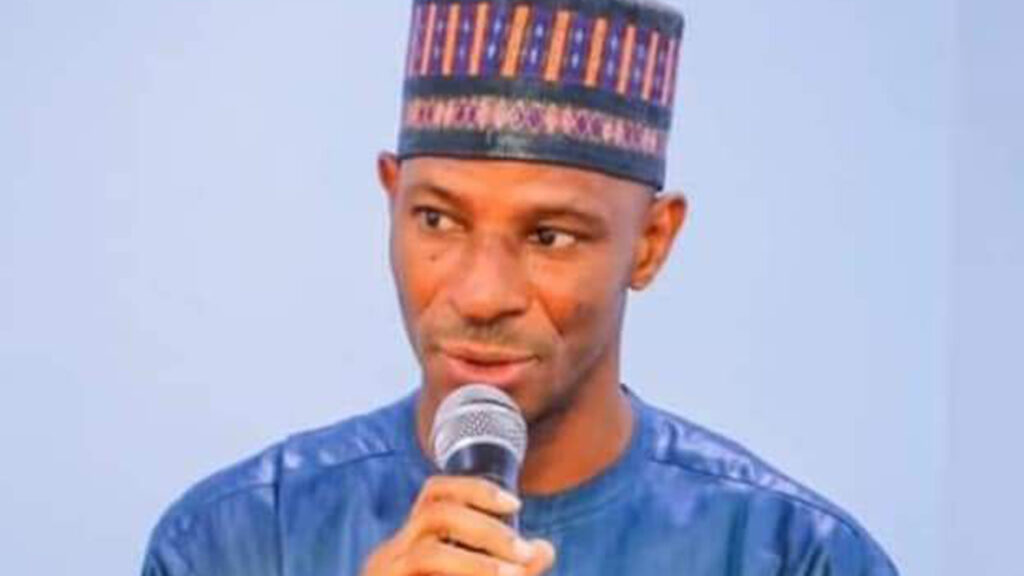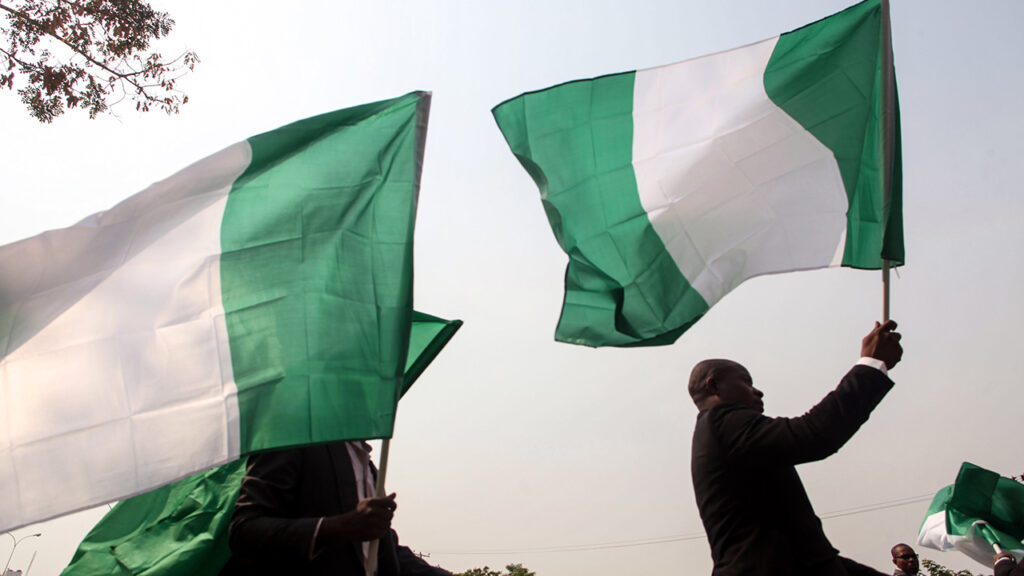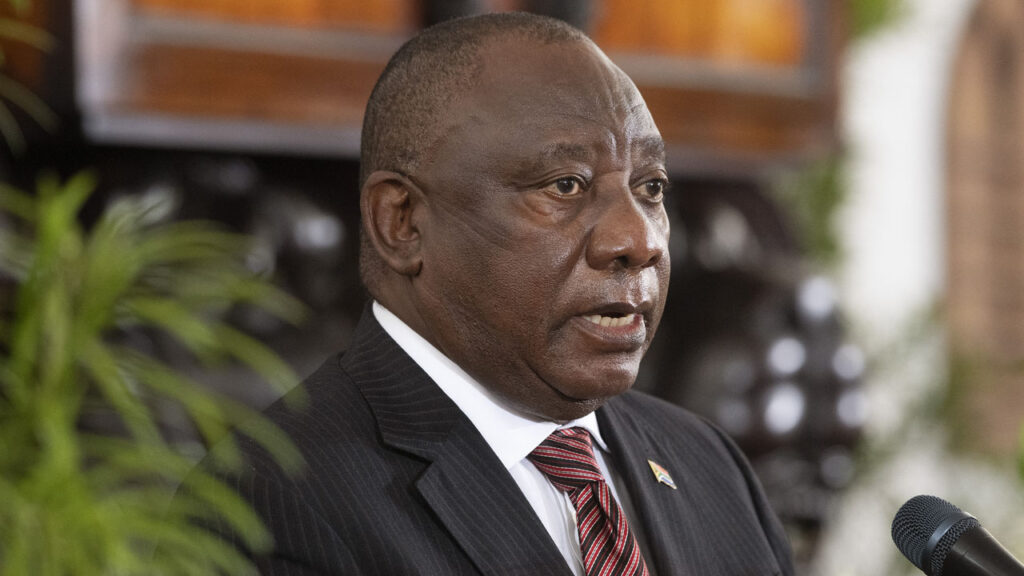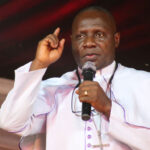
A Muslims celebrate the end of this year’s Ramadan, it is important that they constantly keep the virtues that the month has come to inculcate in them under focus: Have more empathy for the poor. Sustain the acts of worship which they engaged in during the month. Steadfastness, patience and perseverance should remain the watchwords.
The celebration comes following the sighting of the new moon of Shawwal, which was expected last night or tonight. When Muslims can sustain the deep lessons of Ramadan fasting beyond the holy month; and if they can consequently impact these virtues on non-Muslims, Nigeria, and indeed the entire world, is likely to be more balanced, more humane and less prone to violence and poverty.
The word Eid, in Arabic, refers to that which recurs or returns. Technically, the word Eid-el-Fitr refers therefore to the festival which marks the end of the month-long fasting of the month of Ramadan. It is a celebration of the completion of the training in the “school of Ramadan” where Muslims “attended courses” in patience, perseverance, honesty, charity, generosity and the consciousness of the Almighty.
The Eid-el-Fitr is the occasion on which Muslims are expected to bask in uncommon happiness, particularly for their ability to connect with the Almighty and especially at a time when profanity and bestiality have become fashionable.
Indeed, for a whole month, Muslim faithful globally were engaging in activities geared towards re-establishing their links with their creator as the holy month of Ramadan provided the opportunity to work for and imbue with the spiritual weapons without which life on this earth would be an extension of hell.
Muslims should be happy that thanks to Ramadan, under no circumstance shall they allow earthly principalities to pollute their souls; never again shall they allow their prosperity to demean their spirituality; never again shall the temporary adversity purblind the greater value in walking with the Almighty in the wilderness of this terrestrial life.
However, it should be emphasised that to “graduate” from the “school” of Ramadan is to arrive at a new station which is, in itself, the beginning of another journey for another station. In other words, the whole essence of life and living for the conscious Muslim is all about arrival and departure; we arrive from a religious duty to depart for another one. The Eid-el-Fitr therefore is equally not an end but another means towards the continuous journey of the Muslim in the making.
Thus, ahead of the Eid-el-fitri, the faithful are enjoined to prepare to observe the Sunnah of the Prophet Muhammad. This includes the plan to wake up very early in the morning; observe the tahajud – midnight prayer – (regularly observed during Ramadan and regarded as a virtue Muslims should endeavour to sustain after Ramadan), and in keeping with the Sunnah, taking a bath before Fajr prayers and putting on new clothes (or the best available) are meritorious deeds. It is Sunnah for men to use perfume not only on Eid days but always. It is not allowed for Muslims to fast on this day. They are expected to have a light breakfast before setting out to the praying ground.
Again, it should be noted that it is in the tradition of the Prophet that Muslims give out Sadaqat-ul-fitr preferably before the eid prayers are observed. It is usually paid for and on behalf of all Muslims in a household, the young and the old. It may be paid in kind and this may feature three to four seers of wheat, barley, rice or any staple food (Sahih Bukhari 24:70).
Lately, Muslim scholars have addressed the necessity of monetising this act of worship based on existential necessities. At various Islamic centres across the country, an announcement is regularly made of a certain amount of money to be paid by individuals in lieu of giving Sadaqat al-Fitr out in kind. This falls under the legal rubric- maslahat al-Ammah- the promotion of the public convenience. Whether it is given out in cash or kind, the more important issue is the intention behind the act.
The intention should be the extension of the happiness of the occasion to brethren who are experiencing adversity. The point is that those with wherewithal should desire for their brothers and sisters the same quality of life the like of which the Almighty has been kind to grant unto them.
But what is the best way to accomplish this? It has been suggested that it is better to give out Sadaqat al-Fitr to Imams (heads of various mosques) who would and should, following Quran 9 verse 60, distribute the same among the eight categories of people who qualify to receive Zakat. The logic behind this is the belief that acts of generosity stand better accepted when they are given incognito; when Muslims give, like Ali ibn Abi Talib, in expectation of no appreciation. Muslims are enjoined to cultivate the habit of giving, in line with the Prophet’s advice, in such a way that the left hand would not know what the right hand has handed out.
Another virtue is to set out early for the eid prayer ground. While going there, engagement in much glorification of The Almighty is recommended. Eid prayer is performed in congregations in open areas like fields, community centres, etc. or at mosques. There is usually no Adhan (call to Prayer) or Iqamah (call) for the prayers because they are nawafil – supererogatory prayers.
It consists of only two rakaʿāt (units of prayer) with an additional six Takbirs. The eid prayer is usually followed by the khutbah (sermon) – this order may be reversed based on necessity- and then a supplication (dua) asking for The Almighty’s forgiveness, mercy, peace and blessings for all living beings across the world. The khutbah is also meant to remind Muslims of their responsibilities to The Almighty after the glorious month of Ramadan.
Listening to the khutbah (sermon) of eid is a requirement (wajib). Thus, it is not proper, as is usually the case, for someone to leave the prayer ground while the khutbah is being delivered. It is equally forbidden to talk, walk about or offer prayer while the sermon is being delivered.
Ramadan came to call attention to the power of the spiritual realm; it came to take away the concern for the ephemeral for that which is eternal. Ramadan came to teach that salvation here on earth and in the hereafter lies in how steady Muslims are in focusing on The Almighty, how grateful they are for His blessings, and how patient they continue to be when, as is occasionally the case, the tide of time becomes turbulent and troublesome.
The Guardian wishes all Muslim faithful a happy and fulfilling Eid-el-Fitri.

